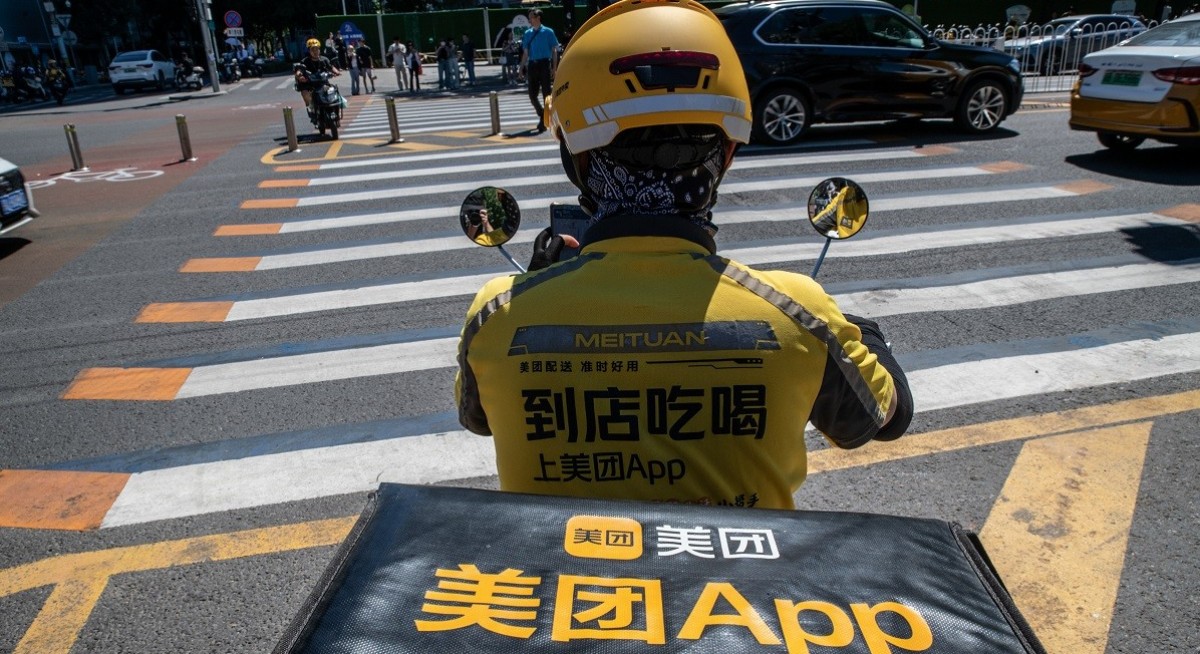In July, the State Administration for Market Regulation summoned the trio and asked them to dial it down. The three companies all called for resisting self-destructive competition — commonly referred to as “involution” in China — in their respective statements on Friday. Alibaba’s Ele.me said it will protect merchants’ margins and avoid irrational promotions, while Meituan said it won’t force businesses to participate in subsidies.
“Anti-involution is not anti-competition,” said Xiaoyan Wang, an analyst with 86Research in Shanghai. “The ongoing competition appears to have a positive impact on the entire delivery industry, so I believe the competition will continue.”
In just a few months, JD, China’s largest online retailer by revenue, ratcheted up the competition with aggressive pricing and promotions that brought in millions of daily takeout orders. Market leader Meituan and runner-up Ele.me responded with their own incentives. Consumers have been offered deals including US$1 meals and free bubble tea, as part of several rounds of billion-yuan subsidies. JD on Friday said it will resist “malicious” subsidies and avoid create bubbles in market.
On Thursday, China’s top leadership emphasized its determination to reduce excess competition in the economy and ramp up management of overcapacity in key industries, following President Xi Jinping’s earlier concerns about over-capacity and price wars last month.
See also: Meituan warns of US$3.5 bil loss as China's food war worsens
JD’s entry into food delivery did help revitalize the landscape that had long been dominated by a duopoly. Alibaba in June merged its food delivery app with Taobao, its main e-commerce platform, in an effort to drive more users to the service. And over the 618 summer shopping festival, Meituan for the first time offered discounts on products like smartphones and alcohol, as it ventured further beyond its core business.
“The competition will become normalized in the future like what we see now in the e-commerce space, meaning that the delivery landscape will be more fragmented than before,” Wang said.




